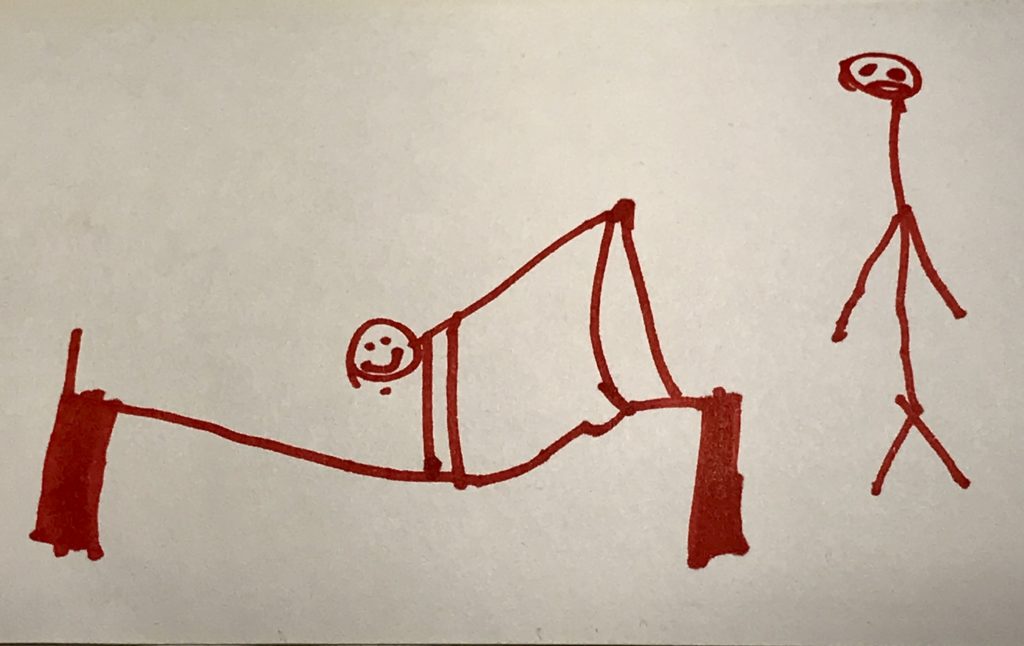It’s hard not to respond to the latest news story of a Muslim family killed in a hate crime, as it happened in my hometown. The place I was born and raised.
I know that city very well and I often joke the rule of the city is that when you grow up there… you leave it.
It’s a tongue and cheek commentary on the bubble the city creates as, economically, it has a lot going for it:
a University, a College, an Ivey Business School, Law School, medical research, insurance giants, government offices, an RCMP office, a growing IT sector, several shopping centres and geographically, you’re located a short distance from many cottage areas, the US border and Toronto.
It was also the place where insulin was developed and the birthplace of many professional athletes, artists and researchers.
Yes, there’s a lot to like about the place.
Unfortunately, I grew up at a time where a stigma was attached to people who grew up on my end of the city. At my elementary school, I am thankful to have had some of the most amazing teachers who sparked my love of reading, writing and curiosity about the world. Then there was the grade four teacher who said directly to a parent, “There’s no point in challenging these kids. They won’t be anything more than construction workers or housewives.”
Much has changed since then, but anyone who’s lived in that city long enough will tell you the amount of noise being raised about its deep-seated racism and bigotry is nothing new.
It was a refuge for Confederates and KKK members after the civil war.
It held a white pride march less than ten years ago.
There was this article, written about five years ago, that illustrates its campus/downtown life.
And it reeks of classism as a booming area actually voted down a resolution to get grant money to build a transit line.
It saddens me because many people in the city want it to change, and are actively working towards it, but it still feels like the city itself does not. For all the flack they give people from Toronto for moving in, the influx is at least forcing the city to accommodate new horizons.
So there’s a lot of noise, country wide, being shouted about this horrendous crime and it’s casting a nasty light on what anybody who grew up there innately knows. I love the place, but I fear all that’s going to happen is the powers that be will just wait until the noise dies down… and then it’s back to status-quo.
